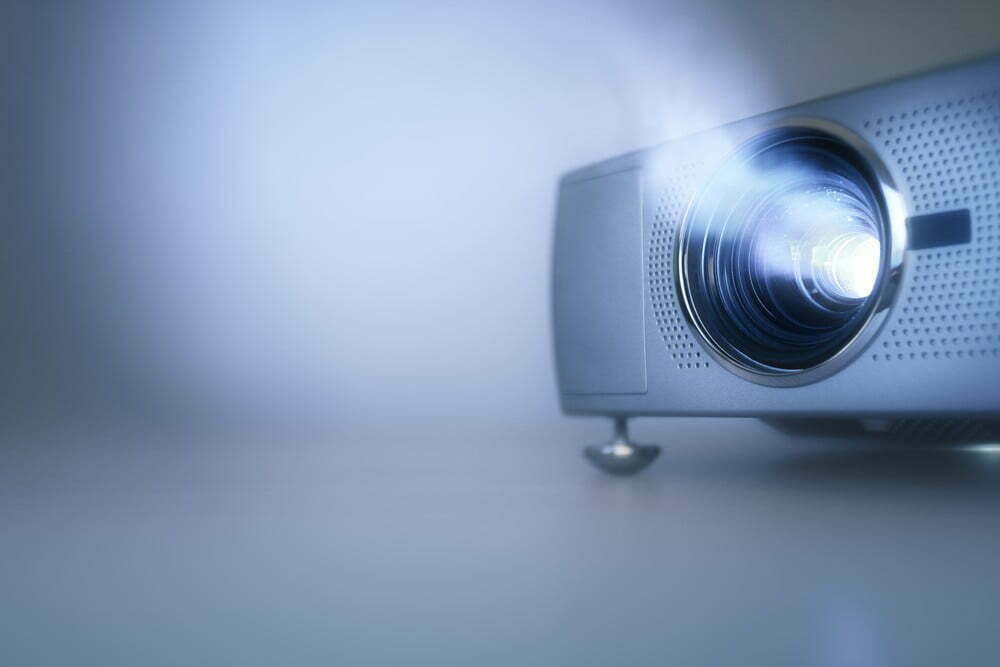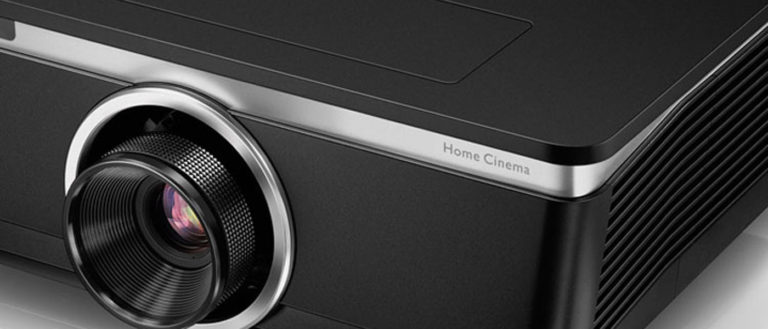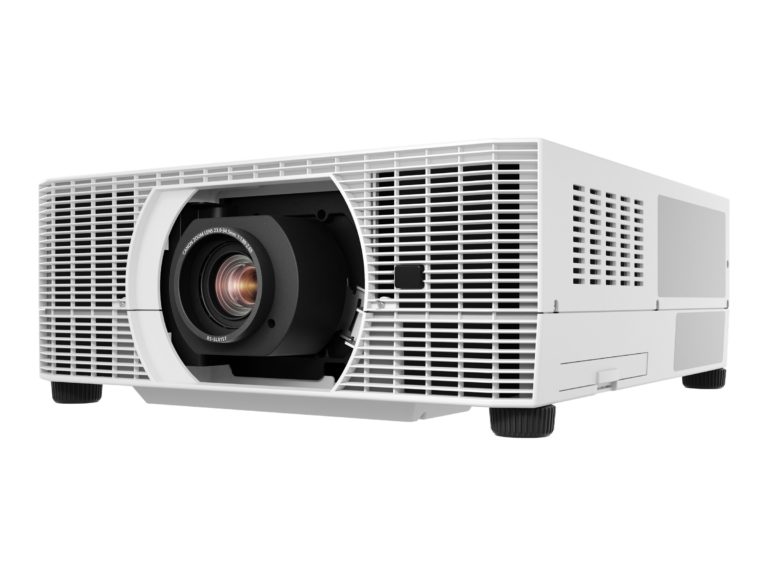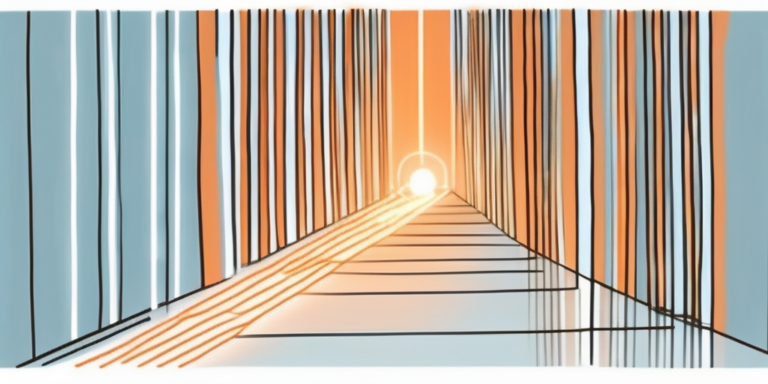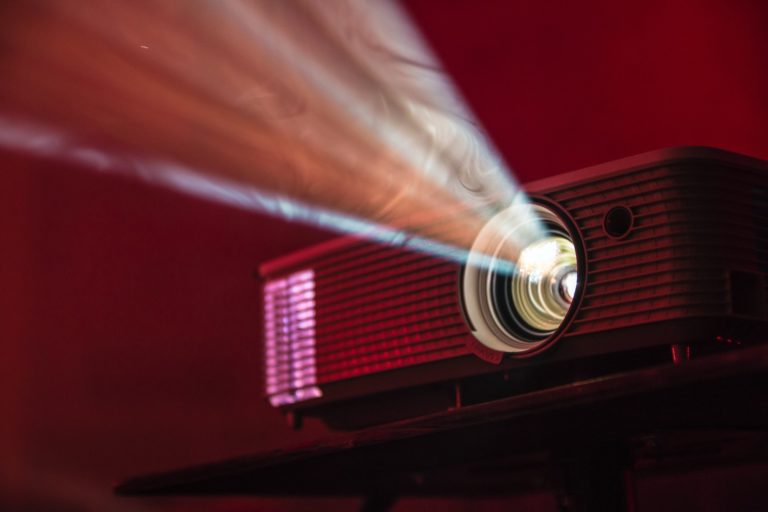LCD (Liquid Crystal Display) projectors are a popular choice for both home theater and professional use. But how exactly do they work?
LCD projectors use a technology that relies on liquid crystals and a light source to project an image onto a screen or surface. The projector contains a small LCD panel with liquid crystals that are aligned and blocked or allowed to pass light through based on an electric current applied to transparent electrodes.
Light from a bulb or LED source is shone through the LCD panel and projected onto a screen or surface using a lens. By adjusting the electric current applied to the electrodes, the liquid crystals block or allow light to pass through in different patterns, creating the image that is being projected.
Now, you might be wondering if LCD projectors are better than bulb projectors. The answer really depends on your specific needs and preferences. Here are some potential advantages of LCD projectors:
- Energy efficiency: LCD projectors generally use less power than bulb projectors, which can make them more cost-effective to operate.
- Longer lifespan: LCD projectors typically have a longer lifespan than bulb projectors, as they don’t rely on a bulb that can burn out over time.
- Low maintenance: LCD projectors generally require less maintenance than bulb projectors, as they don’t have bulbs that need to be replaced regularly.
- Better color accuracy: LCD projectors are generally able to produce more accurate colors than bulb projectors, as they don’t suffer from the color shift that can occur with bulb projectors as the bulb ages.
On average, an LCD projector can last for around 20,000-30,000 hours of use, while a bulb projector typically has a lifespan of around 2,000-4,000 hours of use.
LCD projectors don’t require a lot of maintenance, as they don’t have bulbs that need to be replaced and the liquid crystals used in the LCD panels are sealed within the projector. However, it’s still a good idea to clean the projector periodically to remove dust and other debris that can accumulate over time.
The number of lumens in an LCD projector can vary, but a lumen count of around 2,000-3,000 is generally sufficient for home theater use, while a count of 3,000-5,000 is more suitable for business or educational presentations.
It’s not necessary for an LCD projector to warm up before use, but it’s still a good idea to give it a few minutes to warm up before starting to use it to extend the projector’s lifespan.
There are also some potential disadvantages to consider with LCD projectors. These include:
- Limited brightness: LCD projectors may not be able to produce as bright an image as some bulb projectors, especially in brightly lit environments.
- Potential for ghosting: Some LCD projectors may exhibit a phenomenon known as “ghosting,” where faint copies of the image are visible on the screen due to the nature of the LCD technology. This can be especially noticeable when displaying fast-moving or highly detailed images.
- Limited contrast ratio: The contrast ratio of an LCD projector refers to the difference between the darkest and lightest parts of an image. Some LCD projectors may have a lower contrast ratio compared to bulb projectors, which can affect the overall quality and clarity of the image.
- Limited viewing angles: The viewing angles of an LCD projector refer to the range of positions from which the image can be clearly seen. Some LCD projectors may have more limited viewing angles compared to bulb projectors, which can be a drawback if the projector is being used in a larger room or for presentations to a large audience.
- Higher cost: LCD projectors can generally be more expensive to purchase than bulb projectors, especially for models with higher lumen counts or other advanced features.
In conclusion, LCD projectors offer several advantages over bulb projectors, including a longer lifespan, lower maintenance requirements, and better color accuracy. However, it’s important to consider the specific needs and preferences of the user when deciding which type of projector is the best choice. Overall, LCD projectors can be a great choice for those who value energy efficiency, low maintenance, and accurate color reproduction, but it’s important to weigh the potential disadvantages as well.
